Dialectical Behavior Therapy (DBT)
Dialectical Behavior Therapy (DBT) is a highly effective therapeutic approach developed to help individuals manage intense emotions, reduce self-destructive behaviors, and improve relationships. At Couples Rehabs, we integrate DBT into our treatment programs to provide couples with the tools needed to navigate the complexities of emotional regulation and interpersonal relationships. By incorporating DBT, our goal is to help couples achieve a balanced life, improve communication, and foster healthier connections.
DBT is especially valuable for couples because it not only addresses individual emotional challenges but also promotes skills that enhance relationship dynamics. Through DBT, couples learn to understand and validate each other’s experiences, manage conflicts without escalation, and build a stronger foundation of trust and mutual respect. This therapeutic approach is integral to the comprehensive care provided at Couples Rehabs, supporting both partners in their journey toward recovery and emotional well-being.
Understanding the Core Principles of DBT
Dialectical Behavior Therapy is rooted in the concept of dialectics, which involves balancing opposing forces to achieve a greater understanding or truth. In the context of DBT, this often means accepting oneself as they are while also working towards change. This balance is critical in therapy, particularly for individuals who struggle with emotional dysregulation and impulsive behaviors. At Couples Rehabs, DBT helps clients find this balance, empowering them to make positive changes without feeling overwhelmed or invalidated.
The core principles of DBT include four main components: mindfulness, distress tolerance, emotion regulation, and interpersonal effectiveness. These principles guide the therapeutic process and are taught in a structured manner to ensure that clients can internalize and apply them in their daily lives. Mindfulness, for example, helps clients stay grounded in the present moment, reducing the impact of negative thoughts and emotions. Distress tolerance equips them with strategies to handle crises without resorting to harmful behaviors. Emotion regulation teaches clients how to manage and change intense emotional responses, while interpersonal effectiveness focuses on improving communication and relationship skills.
The Development and History of DBT
Dialectical Behavior Therapy was developed in the late 1980s by Dr. Marsha Linehan, a psychologist who sought to create a more effective treatment for individuals with borderline personality disorder (BPD). Dr. Linehan recognized that traditional cognitive-behavioral therapy (CBT) was not fully addressing the needs of these clients, particularly those who engaged in self-harm and experienced chronic suicidal thoughts. To address this gap, she combined the principles of CBT with mindfulness practices and acceptance strategies derived from Eastern philosophies, leading to the creation of DBT.
DBT has since evolved and expanded beyond its original application for BPD. It is now widely used to treat a variety of mental health disorders, including anxiety, depression, and post-traumatic stress disorder (PTSD). At Couples Rehabs, we leverage the rich history and proven effectiveness of DBT to provide our clients with a therapy that is both evidence-based and adaptable to their unique needs. The evolution of DBT underscores its flexibility and relevance in treating complex emotional and behavioral issues, making it a cornerstone of our therapeutic offerings.
Key Components of DBT
DBT is structured around four key components, each of which plays a crucial role in the therapeutic process.
- Mindfulness is the practice of staying present and fully engaged in the current moment. It helps clients observe their thoughts and feelings without judgment, which can reduce the impact of negative emotions and prevent impulsive reactions. At Couples Rehabs, mindfulness is integrated into therapy sessions to help clients develop greater self-awareness and emotional control.
- Distress Tolerance focuses on teaching clients how to cope with painful or distressing situations without resorting to self-destructive behaviors. This component is vital for those who struggle with intense emotional reactions, as it provides them with tools to endure difficult moments and navigate crises effectively.
- Emotion Regulation involves learning to manage and change intense emotions that are causing problems in a person’s life. This component helps clients understand their emotions, reduce emotional vulnerability, and increase positive emotional experiences.
- Interpersonal Effectiveness is about improving communication and relationship skills. It helps clients learn how to assert their needs, set healthy boundaries, and manage conflicts constructively. For couples, this component is particularly important as it fosters healthier communication patterns and enhances relationship satisfaction.
By focusing on these four components, Couples Rehabs ensures that clients receive a comprehensive and balanced approach to therapy.
How DBT Differs from Other Therapeutic Approaches
While DBT shares some similarities with other therapeutic approaches, such as Cognitive Behavioral Therapy (CBT), it stands out due to its emphasis on acceptance and change. Unlike traditional therapies that may focus solely on changing problematic behaviors or thoughts, DBT encourages clients to accept themselves and their experiences while also working towards positive change. This dual focus on acceptance and change is particularly beneficial for individuals who have struggled with other forms of therapy.
Another key difference is DBT’s structured and skills-based approach. Clients are taught specific skills in a systematic way, with each skill building on the previous one. This approach ensures that clients have a solid foundation of tools that they can use in various situations. DBT also emphasizes the therapeutic relationship, with therapists acting as allies and coaches who support clients through their journey. At Couples Rehabs, this collaborative and supportive approach helps clients feel understood and empowered to make meaningful changes in their lives.
Who Can Benefit from DBT? Target Populations
Dialectical Behavior Therapy was initially developed to treat individuals with Borderline Personality Disorder (BPD), but its effectiveness has led to its application in treating a wide range of mental health issues. DBT is particularly beneficial for individuals who experience intense emotions, engage in self-destructive behaviors, or have difficulty managing relationships. It is also effective for those dealing with chronic suicidal thoughts, self-harm, eating disorders, and substance abuse.
At Couples Rehabs, we recognize that DBT can be especially useful for couples where one or both partners struggle with these issues. The skills taught in DBT, such as emotion regulation and interpersonal effectiveness, can help couples manage conflicts, improve communication, and strengthen their relationship. Whether you are dealing with a specific mental health disorder or simply looking to improve your relationship dynamics, DBT at Couples Rehabs offers a supportive and effective treatment option.
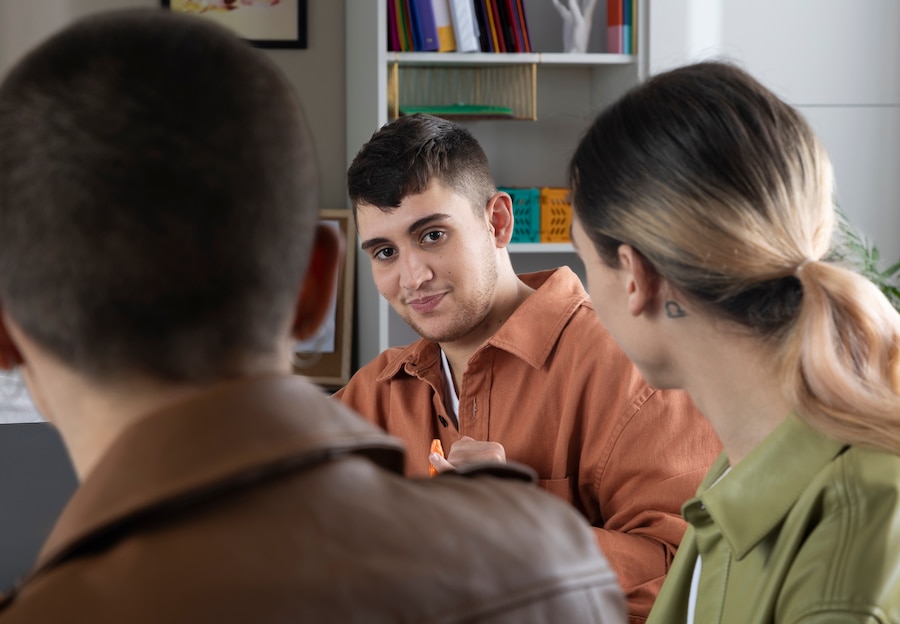
The Role of DBT in Treating Borderline Personality Disorder
Dialectical Behavior Therapy is widely regarded as the gold standard for treating Borderline Personality Disorder (BPD). BPD is characterized by intense emotional instability, impulsive behaviors, and difficulties in maintaining relationships. DBT addresses these challenges by providing clients with the skills needed to manage their emotions, reduce self-destructive behaviors, and improve their interpersonal relationships.
At Couples Rehabs, we integrate DBT into our treatment plans for clients with BPD to help them achieve greater emotional stability and improve their quality of life. The structured nature of DBT, combined with its focus on both acceptance and change, makes it particularly effective for individuals with BPD. By participating in DBT, clients can develop a greater sense of control over their emotions and behaviors, leading to improved relationships and overall well-being.
DBT for Anxiety, Depression, and Other Mental Health Disorders
While DBT was originally developed for BPD, its applications have expanded to include the treatment of other mental health disorders, such as anxiety and depression. The skills taught in DBT, such as mindfulness and emotion regulation, are highly effective in helping individuals manage the symptoms of anxiety and depression. These skills enable clients to stay grounded in the present moment, reduce the intensity of negative emotions, and develop healthier coping strategies.
At Couples Rehabs, we use DBT to address a variety of mental health concerns, recognizing that many individuals struggle with more than one disorder. For couples, DBT can be particularly beneficial when one or both partners are dealing with anxiety or depression. The skills learned in DBT can help couples navigate these challenges together, fostering a supportive and understanding relationship.
Structure of a Typical DBT Program: Individual Therapy and Group Skills Training
A typical DBT program consists of both individual therapy and group skills training. Individual therapy sessions focus on the client’s personal challenges and goals, providing a safe space to explore emotions, behaviors, and relationship dynamics. The therapist works with the client to develop a personalized treatment plan that includes practicing DBT skills and addressing any barriers to progress.
Group skills training is a key component of DBT, where clients learn and practice the core DBT skills in a supportive group environment. These sessions are structured to cover the four main components of DBT: mindfulness, distress tolerance, emotion regulation, and interpersonal effectiveness. At Couples Rehabs, the combination of individual therapy and group skills training ensures that clients receive comprehensive support in applying DBT principles to their daily lives.
The Importance of Mindfulness in DBT
Mindfulness is a fundamental component of DBT and plays a crucial role in helping clients stay present and focused in their daily lives. It involves observing thoughts, feelings, and sensations without judgment, which can reduce the power of negative emotions and prevent impulsive reactions. Mindfulness practice helps clients become more aware of their inner experiences and learn to accept them without being overwhelmed.
At Couples Rehabs, mindfulness is integrated into every aspect of our DBT program. Clients are taught various mindfulness techniques that they can use to manage stress, reduce anxiety, and stay grounded in the present moment. For couples, practicing mindfulness together can enhance communication and deepen their connection, making it an essential tool for relationship improvement.
Strategies for Distress Tolerance: Coping with Crisis Without Making It Worse
Distress tolerance is another critical component of DBT, focusing on helping clients cope with difficult situations without resorting to harmful behaviors. The goal of distress tolerance is to provide clients with tools to endure and survive crises, whether they are emotional, physical, or relational. These strategies include techniques such as distraction, self-soothing, and reality acceptance.
- Distraction techniques help clients shift their attention away from distressing thoughts and emotions. This might involve engaging in activities that are enjoyable or absorbing, such as hobbies, exercise, or spending time with supportive friends. Distraction can help individuals manage their emotional responses in the short term and reduce the risk of impulsive reactions that could worsen the situation.
- Self-soothing involves using the five senses to calm oneself during times of distress. Clients are encouraged to engage in activities that provide comfort and relaxation, such as listening to soothing music, taking a warm bath, or practicing deep breathing exercises. These techniques help individuals create a sense of calm and safety, allowing them to better manage their emotional responses.
- Reality acceptance focuses on helping clients come to terms with situations that cannot be changed. This involves acknowledging and accepting the reality of the situation without judgment or resistance. By practicing acceptance, individuals can reduce the intensity of their emotional reactions and find a more balanced perspective on the challenges they face.
At Couples Rehabs, we integrate these distress tolerance strategies into our DBT programs to help clients build resilience and navigate crises more effectively. By learning and applying these techniques, couples can improve their ability to manage stress, enhance their emotional stability, and strengthen their relationship.
Embracing DBT for Lasting Change and Emotional Well-Being
Dialectical Behavior Therapy (DBT) offers a comprehensive approach to managing emotional difficulties and improving interpersonal relationships. By focusing on core principles such as mindfulness, distress tolerance, emotion regulation, and interpersonal effectiveness, DBT equips individuals and couples with valuable skills to achieve lasting change and emotional well-being.
At Couples Rehabs, we are dedicated to supporting our clients through their journey with DBT, providing a structured and compassionate environment for growth and healing. Whether you are seeking help for personal struggles or working to enhance your relationship, DBT can offer the tools and support you need to make meaningful progress.
If you are interested in learning more about how DBT can benefit you or your partner, or if you have any questions about our programs, please don’t hesitate to reach out to us. Our team is here to provide you with the guidance and support you need to take the next step toward a healthier, more fulfilling life.
-
What is dialectical behavior therapy (DBT), and how is it used in substance abuse treatment? DBT is a type of psychotherapy that focuses on teaching individuals skills to manage intense emotions, improve interpersonal relationships, and tolerate distress. It’s particularly effective for individuals with substance abuse and co-occurring mental health conditions.
-
How does DBT differ from other forms of therapy for substance abuse? DBT emphasizes the importance of mindfulness, acceptance, and emotional regulation. It incorporates skills training, group therapy, and individual therapy to address complex issues.
-
What are the core components of DBT in substance abuse treatment? DBT typically includes four modules: mindfulness, distress tolerance, emotion regulation, and interpersonal effectiveness. These skills are taught through individual therapy, group therapy, and homework assignments.
-
Is DBT effective for treating co-occurring disorders with substance abuse? Yes, DBT is particularly effective for treating individuals with substance abuse and mental health conditions, such as borderline personality disorder or depression.
-
How does DBT help individuals manage intense emotions and cravings? DBT teaches mindfulness techniques to help individuals identify and accept their emotions without acting impulsively. It also provides strategies for managing cravings and distress.
-
How does DBT improve interpersonal relationships in substance abuse treatment? DBT focuses on developing effective communication skills, assertiveness, and problem-solving abilities. This can help individuals build healthier relationships and avoid conflict.
-
Is DBT suitable for all individuals struggling with substance abuse? DBT is particularly effective for individuals who struggle with intense emotions, impulsivity, or difficulty managing relationships. However, it can be adapted to meet the needs of various individuals.
-
How long does DBT typically take to show results in substance abuse treatment? The duration of DBT varies depending on individual needs and treatment goals. Progress may be gradual, but consistent participation is key to long-term success.
-
Can DBT be combined with other forms of treatment for substance abuse? Yes, DBT can be effectively combined with other treatment modalities, such as medication-assisted treatment or cognitive-behavioral therapy (CBT), to enhance overall recovery outcomes.
-
How can I find a qualified therapist who specializes in DBT for substance abuse? Research therapists with experience in DBT and substance abuse treatment. Seek recommendations from healthcare providers, support groups, or online directories.




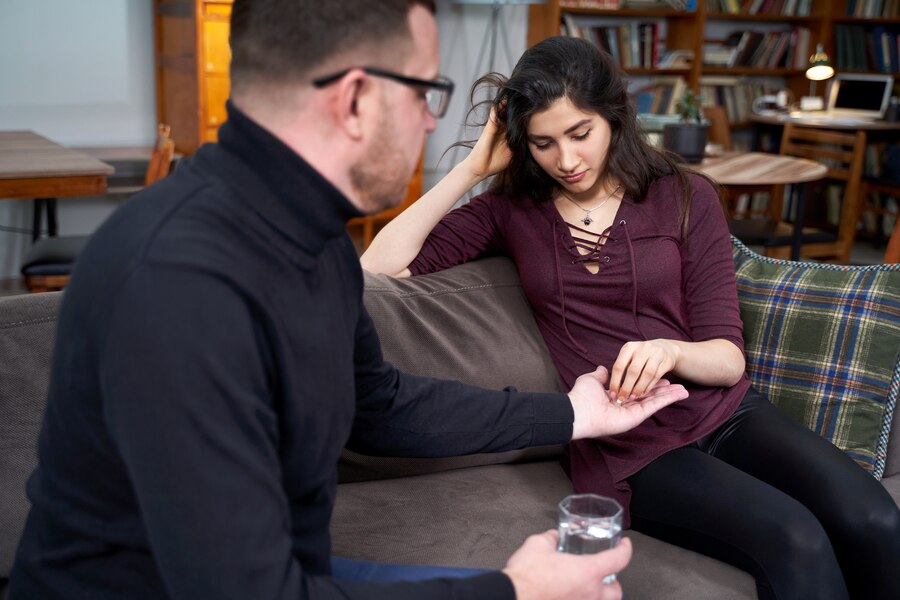

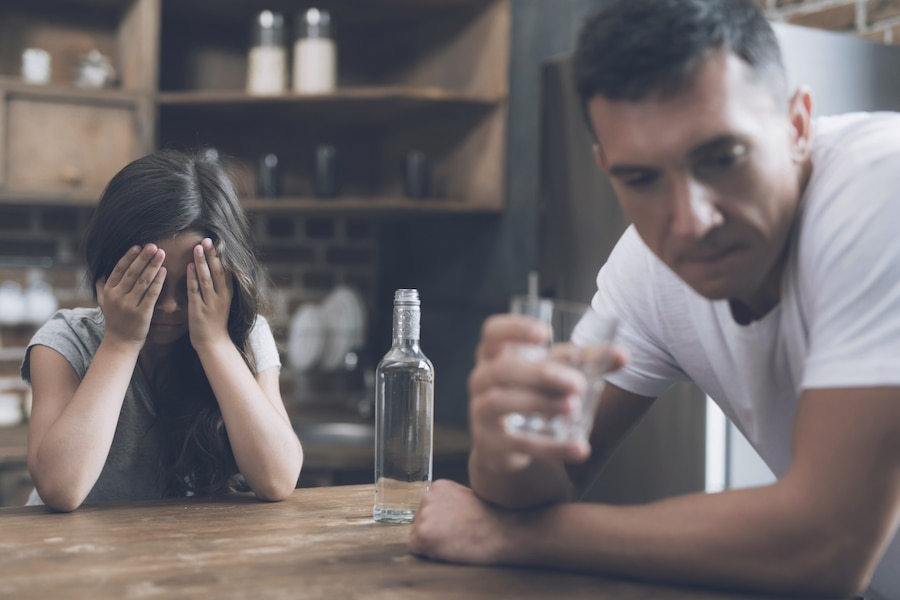
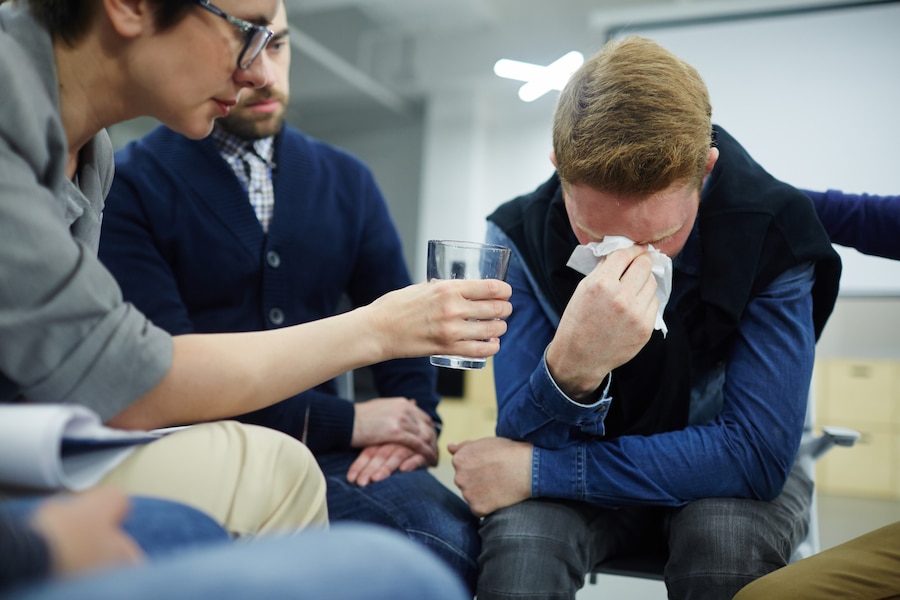

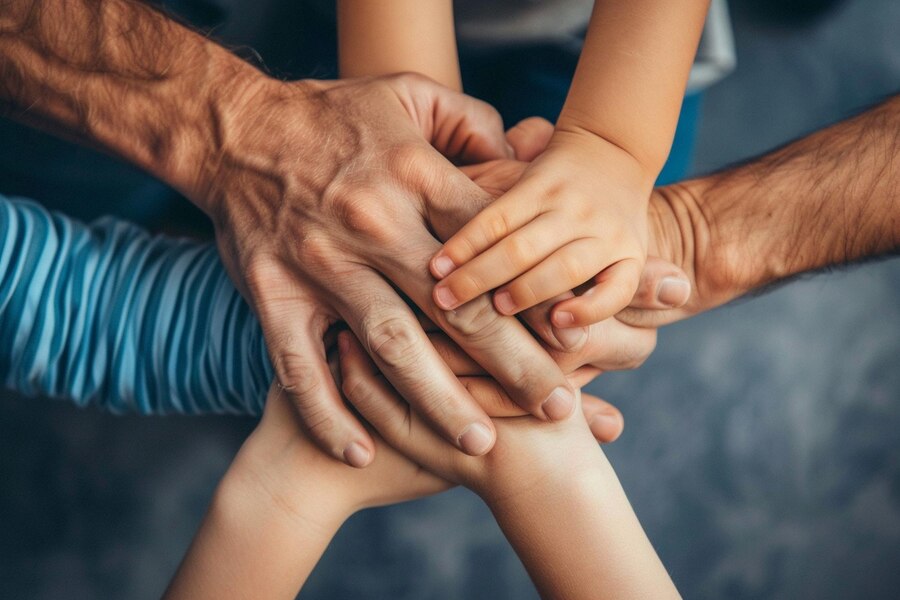



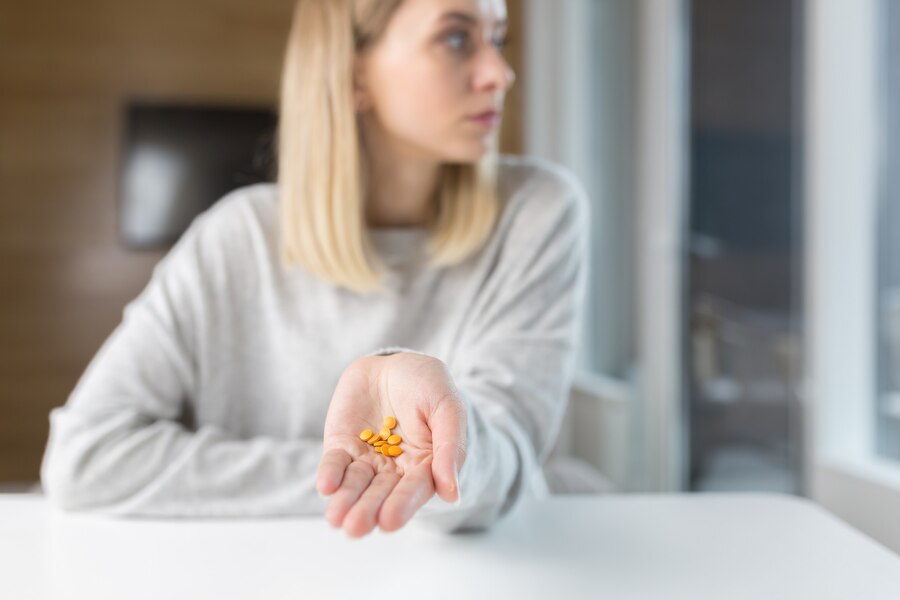




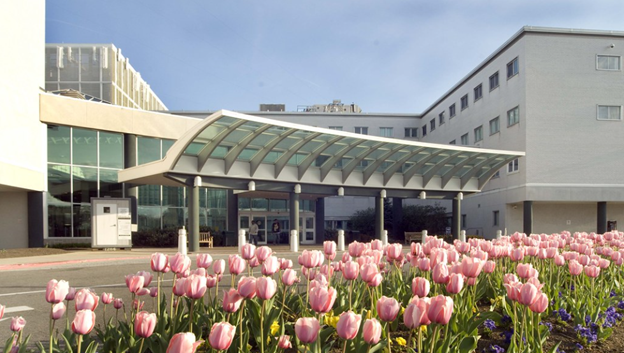
Recent Comments